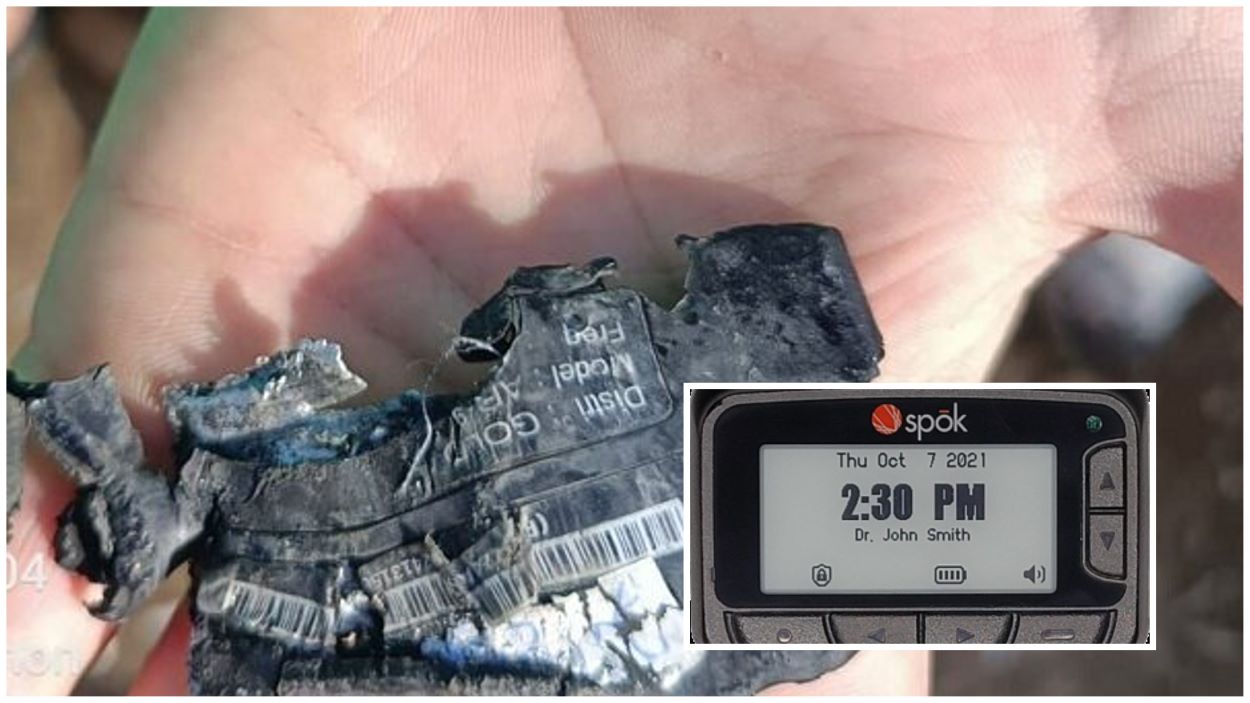A recent surge in pager explosions in Lebanon, resulting in at least nine fatalities and 2,800 injuries, has reignited tensions with Israel. These blasts specifically targeted Hezbollah, which the U.S. designates as a terrorist organization, amidst the enduring Israel-Palestine discord.
These orchestrated attacks saw thousands of pagers explode almost instantaneously across Lebanon, targeting Hezbollah members. While no entity has openly claimed responsibility, suspicions pivot towards Israel, casting a spotlight on Mossad. Renowned for its intricate foreign operations, Mossad may have demonstrated its ability to execute targeted attacks with this incident.
Hezbollah’s Communication Strategies
Hezbollah, to elude Israeli surveillance, reportedly prefers using technologically outdated pagers for communication. Credible sources, including a report from the New York Times, indicate that operatives manipulated these devices, embedding explosives within them. The reports claim that these altered devices, originating from Taiwan, underwent modifications by Israeli operatives.
Read: Lebanese Envoy Labels Pager Explosions as “War Crime” at UNGA
The operation involved about 3,000 pagers, mainly the AR-924 model from the Taiwanese firm Gold Apollo, covertly fitted with explosives. Mossad reportedly orchestrated this elaborate scheme, meticulously planning to include explosives that operatives could trigger remotely without detection, using a designated codeword.
Mossad’s History and Speculations
This series of explosions closely followed a statement from the Israeli Prime Minister’s Office about ensuring the safety of residents in northern Israel, adjacent to southern Lebanon—a region often at the heart of Hezbollah-Israel tensions. Given Mossad’s historical penchant for conducting sophisticated, remote attacks on foreign soil, their involvement in these blasts, though unconfirmed, remains a subject of intense speculation.
Read: Lebanon Pager Explosions: Hezbollah Blames Israel for Catastrophic Incident
Mossad’s operations history, including the strategic assassinations of key figures from organizations opposed to Israel and the use of communication devices as lethal tools, underscores a pattern. Notably, their tactics evolved from the historical ‘Operation Wrath of God’ targeting Palestinian operatives to the assassination of a Hamas leader in Iran via a remotely detonated device. This progression illustrates Mossad’s continued adaptation and use of everyday technologies to achieve strategic military objectives, cementing a narrative of communication devices as modern weapons in geopolitical conflicts.






